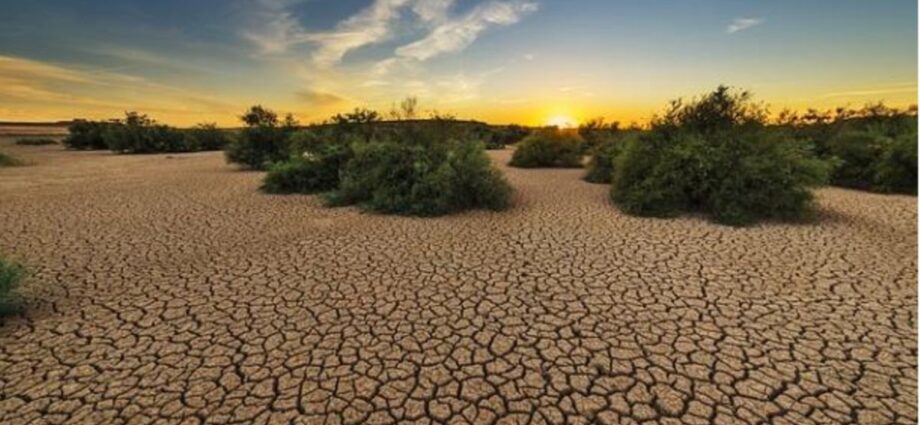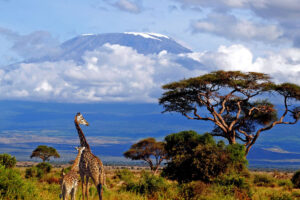Mwanza — TANZANIA’S readiness to collaborate with other nations on environmental protection signals hope for global efforts to combat climate change and its social and economic impacts.
Recently, Tanzania participated in an international conference in Kigali, Rwanda, focused on environmental justice, which gathered judges and magistrates from the Commonwealth. This underscores Tanzania’s dedication to addressing global environmental challenges.
The conference, themed “Environmental Rights,” was organised by the Commonwealth in partnership with the Rwandan judiciary.
Participants discussed legal frameworks and institutional approaches to enhance environmental justice and the role of courts in safeguarding these rights.
The event fostered the exchange of experiences and the establishment of lasting professional relationships.
Dr Philip Mpango, Vice President of Tanzania, opened the 24th forum and the 35th meeting of the Permanent Financial Committee of the United Nations Convention on Climate Change (UNFCCC).
He emphasised the importance of equity in climate change discussions and highlighted Tanzania’s ongoing efforts to integrate gender considerations into climate policies.
The conference, attended by over 200 delegates from 80 countries, focused on “Accelerating Climate Action through Gender-Based Financing.” It examined how gender-sensitive funds can be utilised to meet the goals of the Paris Agreement and the Sustainable Development Goals (SDGs), particularly in addressing loss and damage caused by climate change.
Tanzania has actively encouraged the inclusion of gender issues in its policies, ensuring equal access to economic opportunities for both women and men. The Ministry of Natural Resources and Tourism, along with Tanzania Forest Services (TFS), participated in discussions about regional collaboration to combat climate change effects, particularly in the Congo Basin.
The Congo Basin Climate Commission (CBCC), which includes several member countries, aims to strengthen cooperative strategies for environmental protection. Dr Pindi Chana, Minister of Natural Resources and Tourism, stated that this collaboration is vital for conserving biodiversity and natural resources.
The meeting also highlighted the role of the Congo Basin Blue Fund and the Development Bank of Central African States (BDEAC) in implementing international environmental agreements. Member countries are encouraged to submit projects to ensure effective environmental protection.
Prof Dos Santos Silayo, TFS Conservation Commissioner, emphasised Tanzania’s strategic role in the commission, advocating for cooperation to strengthen forest and wildlife resource sustainability.
Tanzania has also taken significant measures to address ozone layer depletion, preventing 216 tons of harmful chemicals from causing further damage, in line with the Montreal Protocol. Dr Ashatu Kijaji, Minister of State for the Vice President’s Office (Union and Environment), highlighted ongoing efforts to eliminate these chemicals by 2030.
The impacts of climate change in Tanzania include ozone layer deterioration, which leads to health issues like skin cancer and cataracts, as well as agricultural challenges. Recent El Niño rains have caused severe infrastructure damage, prompting government investment of over 830 billion shillings for repairs.
Tanzania faces challenges such as fatalities from heavy rains and drought-induced famine, underscoring the need for collective action. The national slogan, “Unity is Power,” calls on all Tanzanians and global citizens to engage in efforts to protect our planet from ongoing environmental damage.
Source: allafrica.com














